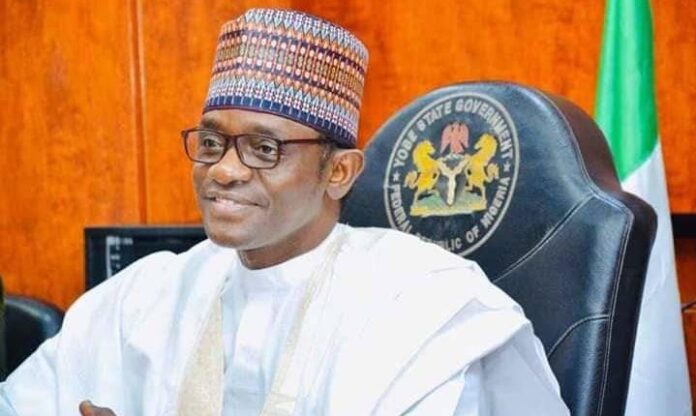By Abdullahi Inuwa
Yobe State, once at the center of insurgency challenges in Nigeria’s Northeast, is now emerging as a symbol of resilience, recovery, and responsible governance. Under the visionary leadership of His Excellency, Governor Mai Mala Buni, Yobe is charting a new course anchored on peace, people-centered development, and prosperity.
Since assuming office in 2019, Governor Buni has remained steadfast in his commitment to rebuilding lives, infrastructure, and institutions. Today, the state stands as a beacon of hope, demonstrating how visionary leadership and strategic collaboration can transform adversity into opportunity.
Security First: Safeguarding Yobe’s Peace
Governor Buni’s administration has prioritized security as the foundation for all progress. Through close collaboration with security agencies, community leaders, and civil society, the government has drastically reduced the threat of insurgency in many areas. Local vigilante groups have been empowered, while internally displaced persons (IDPs) have been resettled with dignity and care.
The governor’s approach is holistic: combining physical security with psychological support, social reintegration, and economic empowerment. This has helped restore confidence among residents, encouraging displaced communities to return and rebuild their lives.
Education and Youth Development: Investing in the Future
Education is another cornerstone of the Buni administration. From rebuilding schools destroyed by insurgents to improving teacher welfare and training, Yobe is witnessing a quiet revolution in its educational sector. The state has also launched special girl-child education programs, scholarships, and vocational training centers aimed at equipping young people with skills for self-reliance.
In partnership with federal agencies and development partners, Governor Buni has also prioritized science, technology, and innovation, preparing Yobe’s youth for the demands of the modern economy.
Healthcare and Social Services: Reaching the Most Vulnerable
Health infrastructure in the state has seen remarkable improvement. Modern hospitals have been constructed or renovated across all senatorial districts. The state has intensified its maternal and child health campaigns, reducing mortality rates and improving access to healthcare, especially in rural areas.
Yobe is also expanding its social protection schemes, including conditional cash transfers and support for the elderly and persons with disabilities—ensuring no one is left behind in the state’s development journey.
Infrastructure and Economy: Driving Development
From road construction to water projects and housing development, Yobe State is witnessing tangible transformation. The Damaturu Modern Market, road dualization projects, and urban renewal efforts are breathing new life into major towns.
Agriculture, the state’s economic backbone, is receiving renewed attention. With support to farmers through fertilizer subsidies, extension services, and access to credit, food production is on the rise, boosting local economies and enhancing food security.
A New Dawn for Yobe State
Governor Mai Mala Buni’s inclusive governance, prudent resource management, and people-first policies are steadily redefining the Yobe story—from one of survival to one of strength and self-reliance.
As Yobe celebrates its ongoing transformation, the message is clear: the state is open for investment, alive with opportunity, and united in hope. Under Buni’s watch, Yobe is not just rising—it is leading by example.
Abdullahi Inuwa Social Commentator ainuwa303@gmail.com +2348062255033




